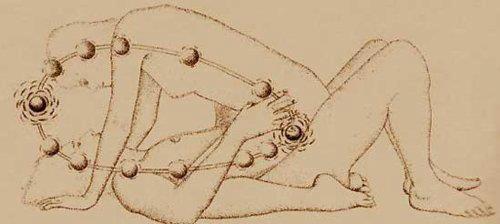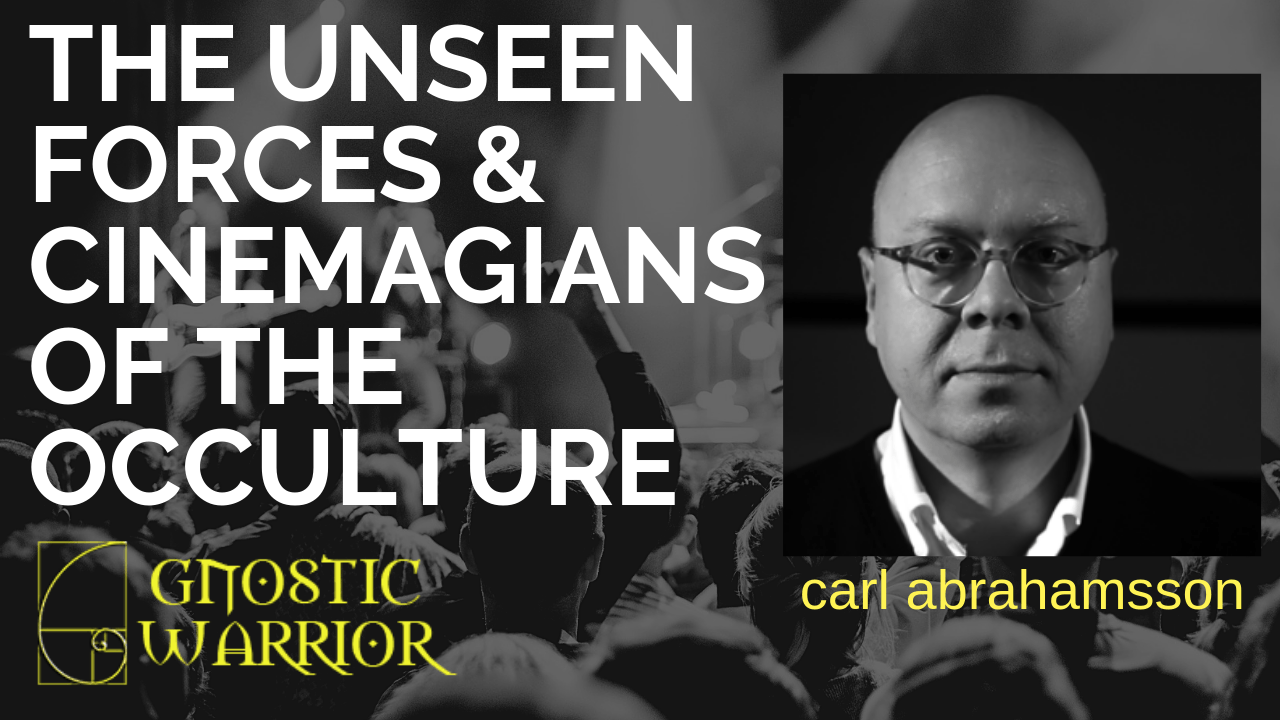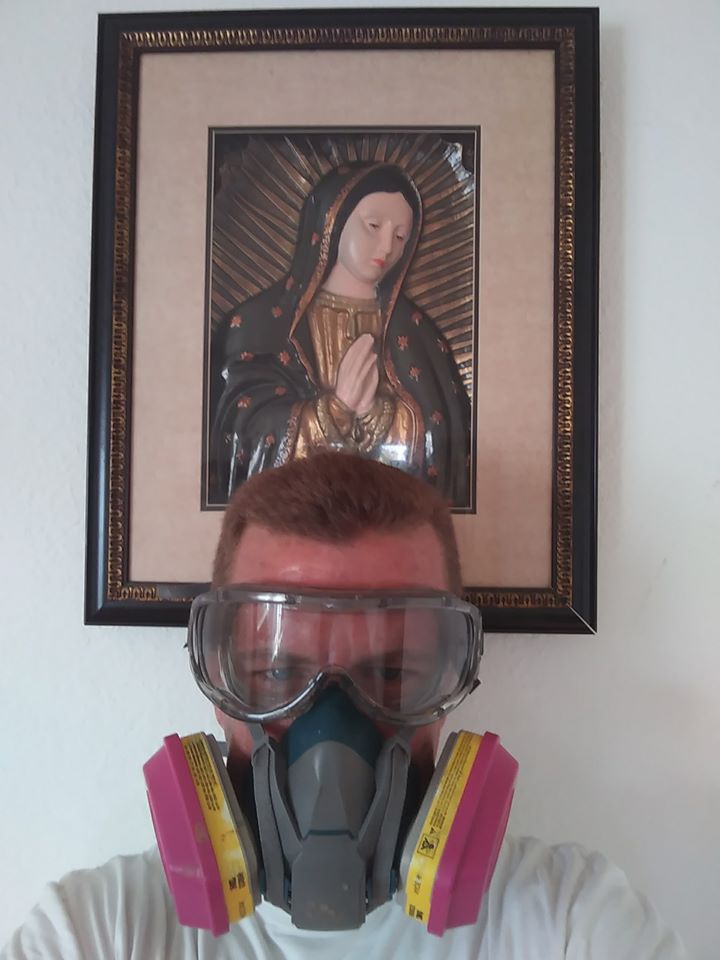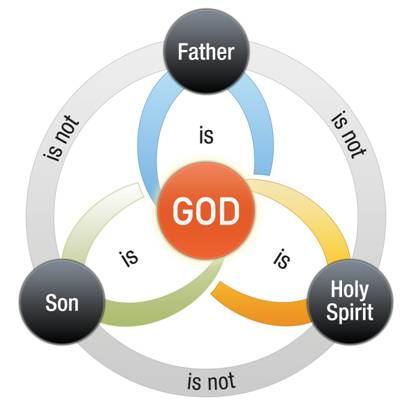These representatives of modern science in both hemispheres seem never to have exhibited more scorn, or to have felt more bitterly toward the unsolvable mystery, than since Mr. Crookes began the investigation of the phenomena, in London. This courageous gentleman was the first to introduce to the public one of those alleged “materialized” sentries that guard the forbidden gates. Following after him, several other learned members of the scientific body had the rare integrity, combined with a degree of courage, which, in view of the unpopularity of the subject, may be deemed heroic, to take the phenomena in hand.
But, alas! although the spirit, indeed, was willing, the mortal flesh proved weak. Ridicule was more than the majority of them could bear; and so, the heaviest burden was thrown upon the shoulders of Mr. Crookes. An account of the benefit this gentleman reaped from his disinterested investigations, and the thanks he received from his own brother scientists, can be found in his three pamphlets, entitled, Researches in the Phenomena of Spiritualism.
After a while, the members appointed on the Committee of the Dialectical Society and Mr. Crookes, who had applied to his mediums the most crucial tests, were forced by an impatient public to report in so many plain words what they had seen. But what could they say, except the truth? Thus, they were compelled to acknowledge: 1st. That the phenomena which they, at least, had witnessed, were genuine, and impossible to simulate; thus showing that manifestations produced by some unknown force, could and did happen. 2d. That, whether the phenomena were produced by disembodied spirits or other analogous entities, they could not tell; but that manifestations, thoroughly upsetting many preconceived theories as to natural laws, did happen and were undeniable. Several of these occurred in their own families. 3d. That, notwithstanding all their combined efforts to the contrary, beyond the indisputable fact of the reality of the phenomena, “glimpses of natural action not yet reduced to law,” they, to borrow the expression of the Count de Gabalis, “could make neither head nor tail on’t.”
Now this was precisely what a skeptical public had not bargained for. The discomfiture of the believers in spiritualism had been impatiently anticipated before the conclusions of Messrs. Crookes, Varley, and the Dialectical Society were announced. Such a confession on the part of their brother-scientists was too humiliating for the pride of even those who had timorously abstained from investigation. It was regarded as really too much, that such vulgar and repulsive manifestations of phe-
Page 45
nomena which had always, by common consent of educated people, been regarded as nursery tales, fit only to amuse hysterical servant-girls and afford revenue to professional somnambulists — that manifestations which had been consigned by the Academy and Institute of Paris to oblivion, should so impertinently elude detection at the hands of experts in physical sciences.
A tornado of indignation followed the confession. Mr. Crookes depicts it in his pamphlet on Psychic Force. He heads it very pointedly with the quotation from Galvani: “I am attacked by two very opposite sects — the scientists and the know-nothings, yet I know that I have discovered one of the greatest forces in nature. . . .” He then proceeds: ”
it was taken for granted that the results of my experiments would be in accordance with their preconceptions. What they really desired was not the truth, but an additional witness in favor of their own foregone conclusions. When they found the facts which that investigation established could not be made to fit those opinions, why, . . . so much the worse for the facts. They try to creep out of their own confident recommendations of the inquiry, by declaring ‘that Mr. Home is a clever conjurer who has duped us all.’
‘Mr. Crookes might, with equal propriety, examine the performances of an Indian juggler.’ ‘Mr. Crookes must get better witnesses before he can be believed.’ ‘The thing is too absurd to be treated seriously.’ ‘It is impossible, and therefore can’t be.’ . . . (I never said it was impossible, I only said it was true.) ‘The observers have all been biologized, and fancy they saw things occur which really never took place,’ etc., etc., etc.”

Moe is the founder of GnosticWarrior.com. He is a father, husband, author, martial arts black belt, and an expert in Gnosticism, the occult, and esotericism.






